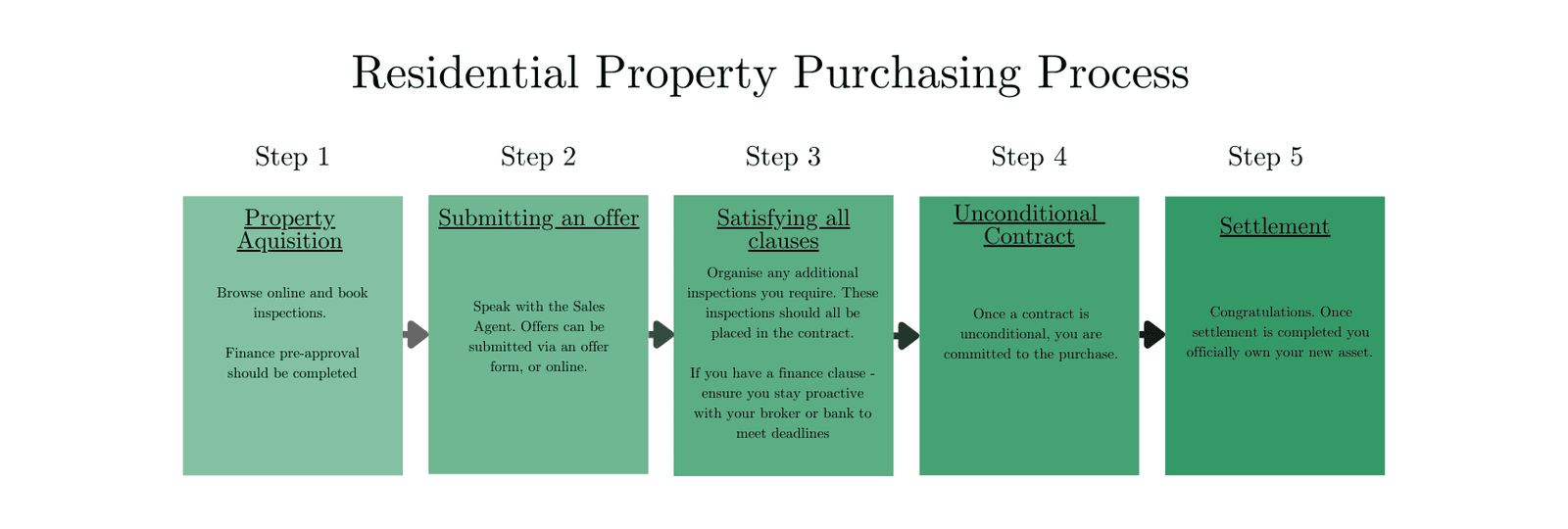Why invest in Real Estate?
Why invest in Real Estate?
Investing in property offers numerous advantages, making it a popular choice for building wealth and securing financial stability. Here are some key reasons why property investment can be a smart move:1. Capital Growth - Long-Term Appreciation: Real estate generally increases in value over time, driven by factors like population growth, urban development, and limited land supply. Investing in properties in high-demand areas or emerging markets can yield significant capital gains.
2. Steady Income Stream - Rental Yield: Property investments can generate a regular income through rental payments. This cash flow can help cover mortgage costs, maintenance expenses, and provide additional income.
3. Tangible Asset - Physical Property: Unlike stocks or bonds, real estate is a tangible asset that you can see and touch. This physical presence can provide a sense of security and stability.
4. Leverage - Using Borrowed Funds: Real estate investments often involve using leverage, meaning you can control a larger asset with a smaller amount of your own money. This can amplify returns on investment if property values increase.
5. Tax Benefits - Deductions and Depreciation: Property investors can benefit from various tax deductions, including mortgage interest, property management fees, and depreciation on the property’s wear and tear. These benefits can enhance overall returns.
6. Diversification - Reducing Risk: Investing in property allows you to diversify your investment portfolio beyond stocks and bonds. Real estate often performs differently from other asset classes, providing a hedge against market volatility.
7. Equity Building - Increasing Ownership: As you pay down the mortgage, you build equity in the property. This equity can be leveraged for further investments or used to secure loans for other purposes.
8. Inflation Hedge - Value Preservation: Real estate often appreciates with inflation, helping to preserve the value of your investment over time. Rental income and property values typically rise with inflation, providing a potential shield against economic instability.
9. Control Over Investment - Active Management: Property owners have direct control over their investments, including decisions about renovations, property management, and tenant selection. This hands-on approach can enhance the value and income potential of the property.
10. Wealth Building - Generational Asset: Real estate can be a long-term investment that grows wealth over time. Properties can be passed down to future generations, providing ongoing financial benefits and contributing to family wealth.
1. Capital Growth - Long-Term Appreciation: Real estate generally increases in value over time, driven by factors like population growth, urban development, and limited land supply. Investing in properties in high-demand areas or emerging markets can yield significant capital gains.
2. Steady Income Stream - Rental Yield: Property investments can generate a regular income through rental payments. This cash flow can help cover mortgage costs, maintenance expenses, and provide additional income.
3. Tangible Asset - Physical Property: Unlike stocks or bonds, real estate is a tangible asset that you can see and touch. This physical presence can provide a sense of security and stability.
4. Leverage - Using Borrowed Funds: Real estate investments often involve using leverage, meaning you can control a larger asset with a smaller amount of your own money. This can amplify returns on investment if property values increase.
5. Tax Benefits - Deductions and Depreciation: Property investors can benefit from various tax deductions, including mortgage interest, property management fees, and depreciation on the property’s wear and tear. These benefits can enhance overall returns.
6. Diversification - Reducing Risk: Investing in property allows you to diversify your investment portfolio beyond stocks and bonds. Real estate often performs differently from other asset classes, providing a hedge against market volatility.
7. Equity Building - Increasing Ownership: As you pay down the mortgage, you build equity in the property. This equity can be leveraged for further investments or used to secure loans for other purposes.
8. Inflation Hedge - Value Preservation: Real estate often appreciates with inflation, helping to preserve the value of your investment over time. Rental income and property values typically rise with inflation, providing a potential shield against economic instability.
9. Control Over Investment - Active Management: Property owners have direct control over their investments, including decisions about renovations, property management, and tenant selection. This hands-on approach can enhance the value and income potential of the property.
10. Wealth Building - Generational Asset: Real estate can be a long-term investment that grows wealth over time. Properties can be passed down to future generations, providing ongoing financial benefits and contributing to family wealth.

Additional Tools.
Useful websites:
ATO’s guide on rental property ownership:
https://www.ato.gov.au/Individuals/Investments-and-assets/Residential-rental-properties/
SQM Research free data:
https://sqmresearch.com.au/graph_vacancy.php
CoreLogic’s YouTube website for monthly market updates:
https://www.youtube.com/@CoreLogicRPData
Herron Todd White website for monthly market updates:
https://htw.com.au/month-in-review/
ABS finance data:
https://www.abs.gov.au/statistics/economy/finance
Homely property guides and tips:
Check out our socials for bonus content and more information!
Connect with JSC Property Investments:
